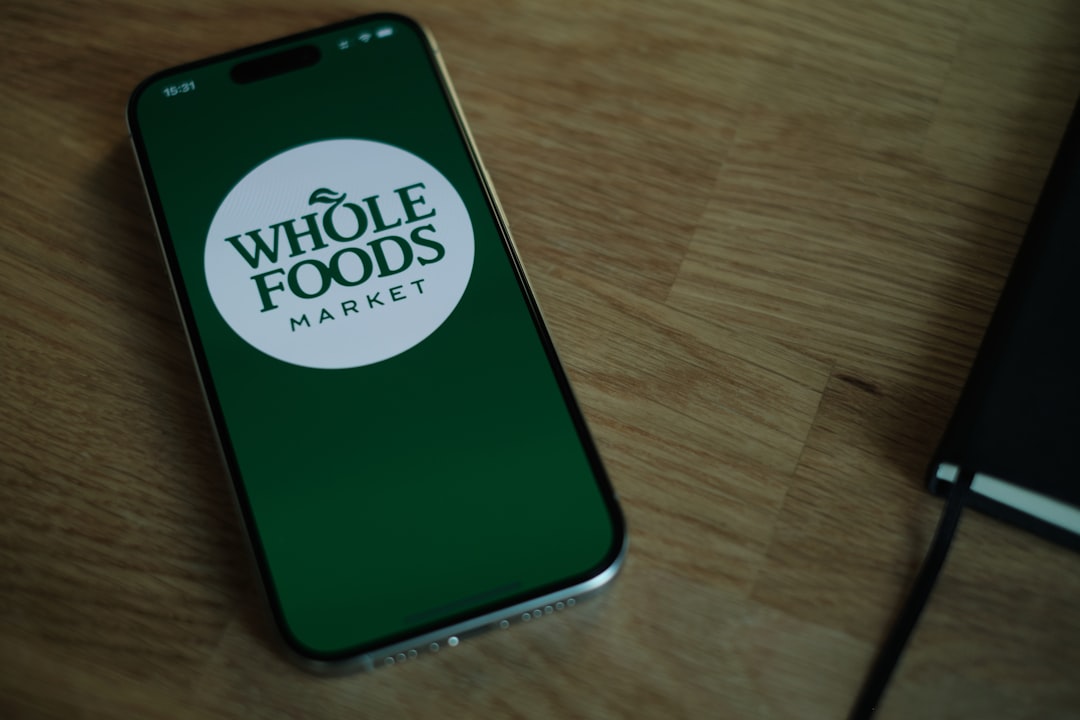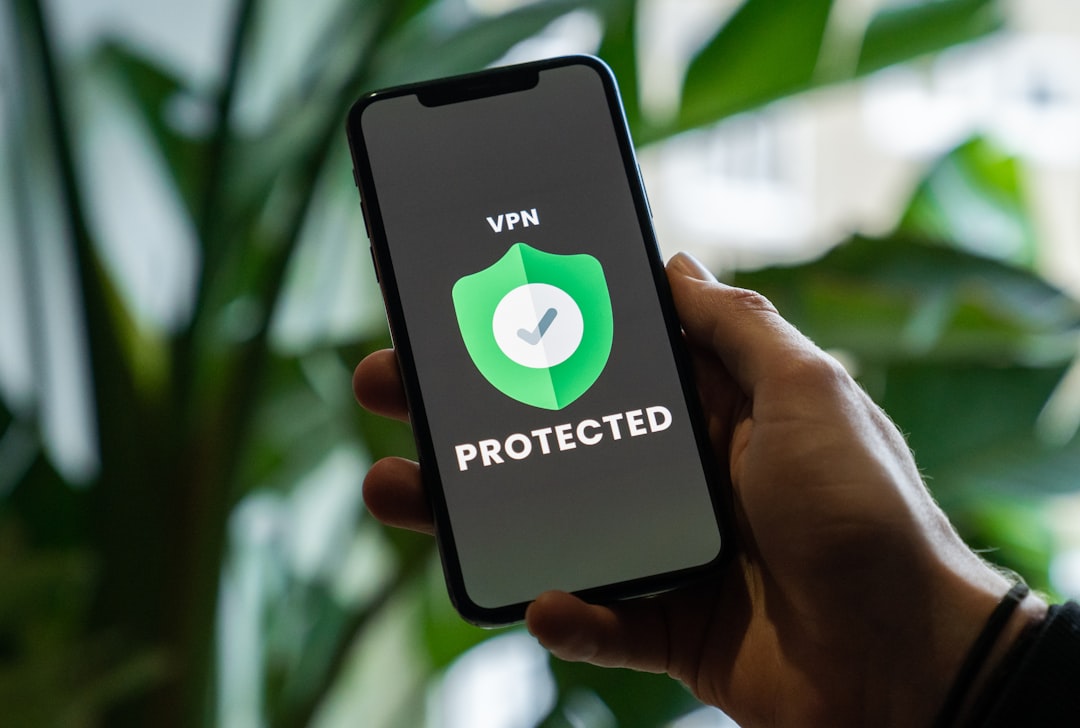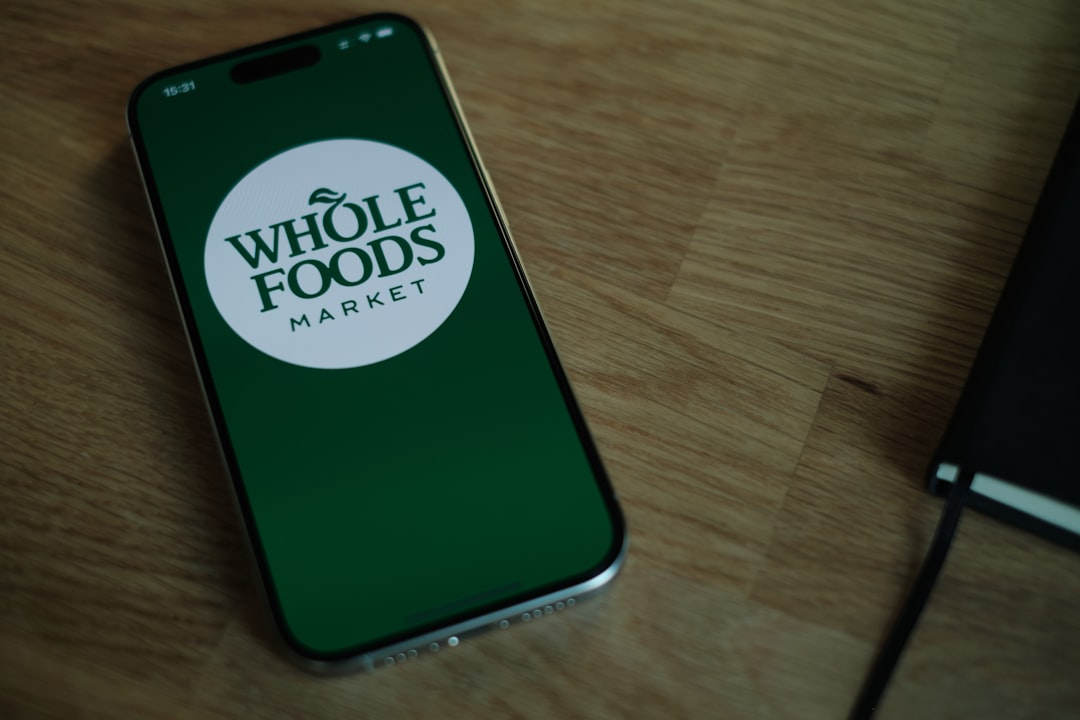WhatsApp is one of the world’s most popular messaging apps. Billions of people use it every day to chat with friends, share photos, do business, or just scroll through group messages. It’s fast, free, and easy to use. But just because it’s popular doesn’t mean it’s completely safe.
In 2025, WhatsApp isn’t just a texting app anymore. It’s a gateway to your contacts, private photos, sensitive messages, and even your bank details in some cases. Let’s break down the real risks and dangers you need to watch out for. Don’t worry—we’ll keep things simple and fun!
1. Scams and Fake Messages
This is a big one! WhatsApp is a favorite tool for cybercriminals. Why? Because messages come from people you trust.
Imagine getting a message from your friend saying they need money. Of course, you want to help. But what if it’s not your friend? In 2025, scam messages have gotten very real.
Here’s how they usually trick people:
- They clone someone’s WhatsApp profile.
- They claim to be a friend in an emergency.
- They send links that look real but lead to fake pages.
If you click without thinking, you could lose money—or worse, your personal data.
Tip: Always double-check by calling the person. Don’t trust messages asking for urgent help or money right away.

2. Privacy? Not Really.
You might think WhatsApp is private because it uses “end-to-end encryption.” That’s true—to a point.
But in 2025, more of your data is linked with Meta (Facebook’s parent company). This includes:
- Your phone number
- Your contacts
- Your profile information
- How often you use the app
Even your status updates and group names can reveal a lot.
Imagine this: You talk about travel plans in a group chat. Suddenly, you see ads for those destinations on Instagram. Creepy, right?
This is called data profiling. It helps companies send you targeted ads. But it also creates a digital trail of your life—all stored somewhere out there.
3. Hacked Accounts
Think your WhatsApp account can’t be stolen? Think again.
In 2025, hackers have new tricks. Some can hijack your account in just minutes. Once inside, they can send messages from your number. To your friends. To your family. Even to your boss!
How does this happen?
- A hacker gets your verification code through SIM swapping or tricking you.
- They log in, lock you out, and take control.
- They use your ID to scam your contacts.
Tip: Turn on two-step verification. Always. It adds an extra lock to your account.
4. WhatsApp Web—A Hidden Problem
You’ve probably used WhatsApp Web on a laptop. It’s super handy. But it’s also risky if you’re not careful.
In 2025, there are better phishing tactics. Hackers send fake WhatsApp Web login pages. If you enter details, they steal your session info. Oops!
Also, if you log into WhatsApp Web on a shared computer and forget to log out? Someone could read all your chats. Every single one.
Always:
- Log out when you’re done.
- Use WhatsApp’s own web app, not strange links.
5. Malware in Disguise
In the world of 2025, malware is smarter. It can hide in photos, videos, even documents sent over WhatsApp.
Say you get a file from a “coworker” or a “friend.” You open it. Suddenly, your phone slows down. Or maybe your bank app doesn’t work right. That’s no accident—that’s spyware or malware working behind the scenes.
Common tricks include:
- Malicious APK files
- Infected PDFs
- Spoofed Google Drive links
Tip: Never download stuff from unknown contacts. And even if it’s from someone you know—double-check first.

6. Fake News and Misinformation
WhatsApp groups are the new digital rumors corner. Aunties, uncles, colleagues—we all get those “BREAKING NEWS” forwards.
In 2025, misinformation spreads faster than ever. AI-generated content and deepfakes make it nearly impossible to know what’s real.
What’s the risk?
- You believe in false health tips.
- You fall into political traps.
- You forward something harmful without knowing.
Before you forward anything, stop and ask: Is this from a trusted source?
7. Group Chat Chaos
Group chats are fun… until they’re not.
Anyone in the group—even if you don’t know them—can see your phone number. That’s a privacy risk.
Also, group admins now have more power than ever to restrict posts, boot people, and control discussions. In the wrong hands, that power can be abused.
Tips for safer group chats:
- Join only trusted groups.
- Mute unknown contacts.
- Watch what you post—it could be screenshotted or shared.
8. Cloud Backup Vulnerabilities
Your messages may be encrypted in WhatsApp—but backups in the cloud? Not always.
In 2025, backup services are stronger, but not foolproof. If you save chats to Google Drive or iCloud, hackers targeting those platforms can also access your conversations.
Tip: Turn on encrypted backups in WhatsApp settings. It’s a hidden hero feature.
9. Business WhatsApp Scams
Many small businesses now use WhatsApp for orders and customer support. But that also means fake businesses are popping up like mushrooms after rain!
Scammers will:
- Pretend to be a legit brand.
- Offer “discount vouchers.”
- Ask for prepayments.
And when you send money? They vanish.
Before buying anything, always check reviews or ask the business to confirm their social media or website identity.
Wrapping It All Up
WhatsApp in 2025 is fast, fun, and powerful. But with power comes risk.
Here’s a quick checklist to stay safe:
- Use two-step verification.
- Never click unknown links.
- Think before downloading files.
- Question everything forwarded to you.
- Log out of WhatsApp Web after use.
- Use encrypted backups.
And most important—stay alert. WhatsApp is still a great tool. But only if you use it wisely!
Keep chatting. Keep laughing. But also—keep your guard up. 🤳🔐


